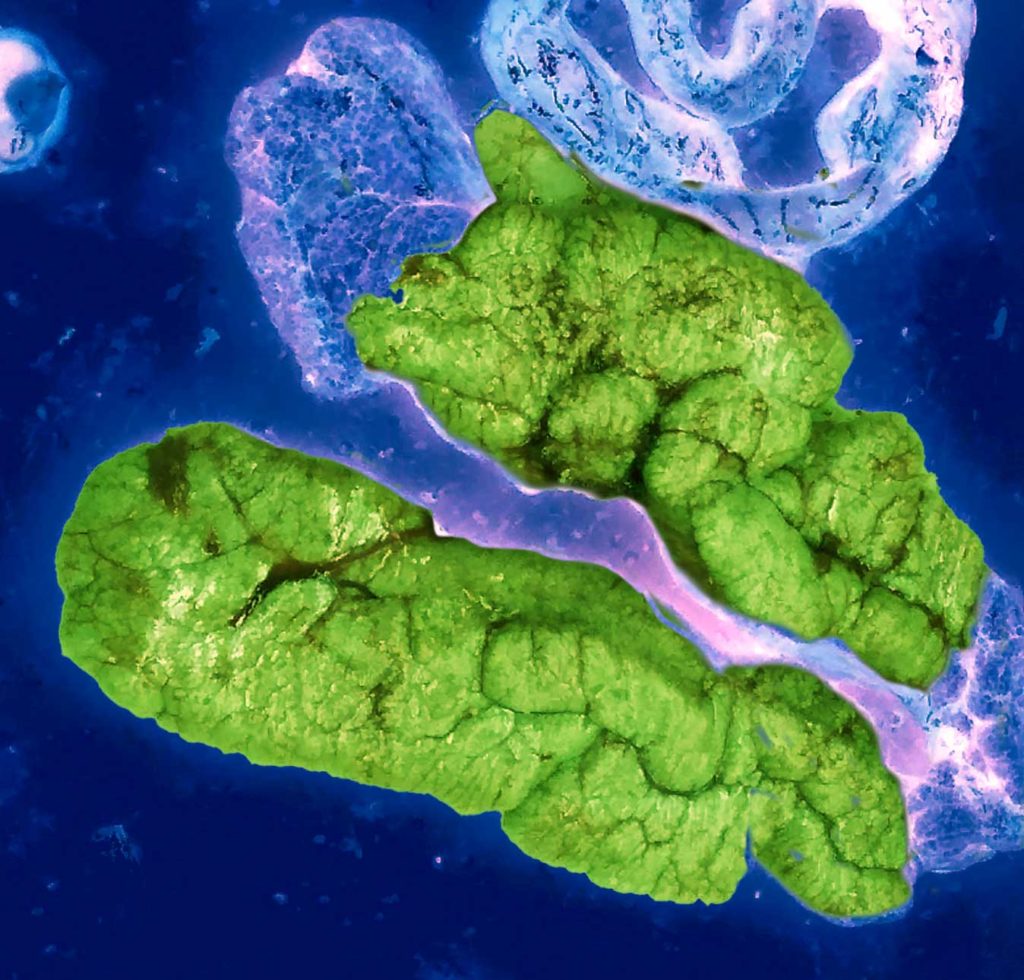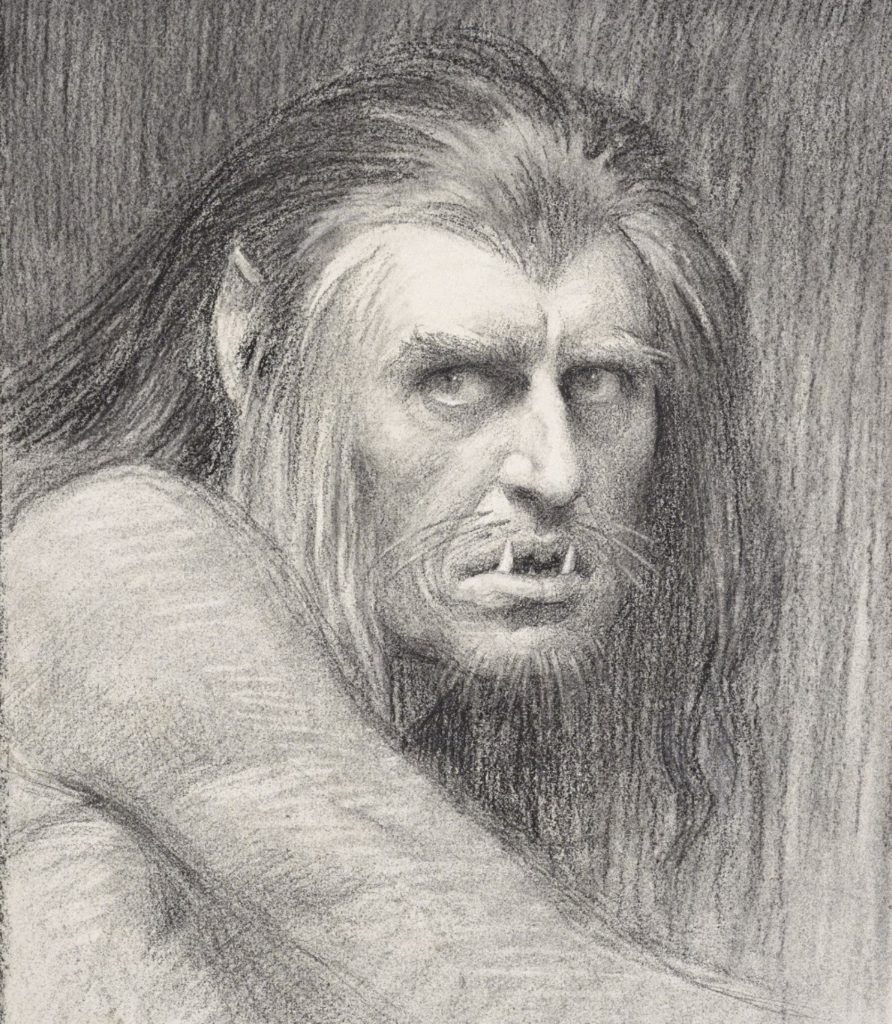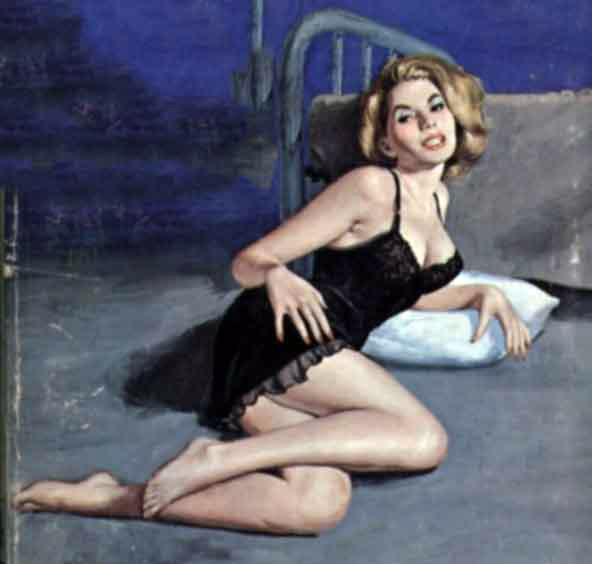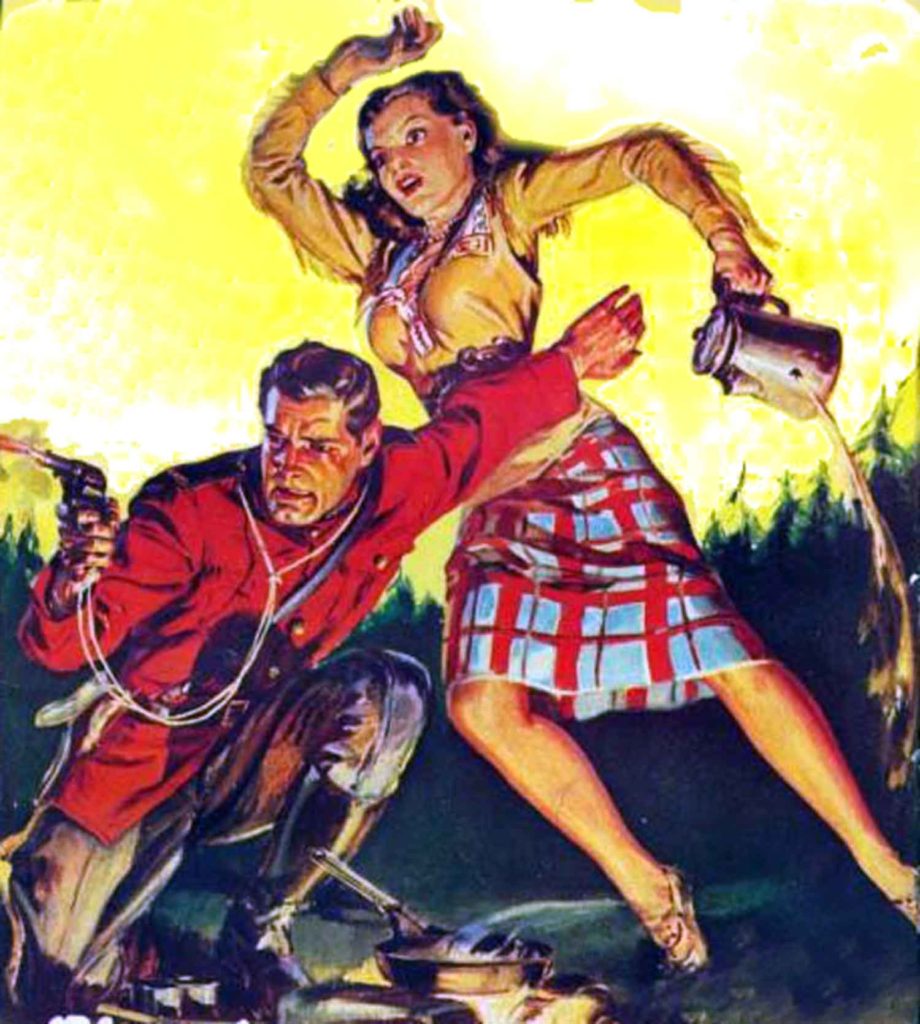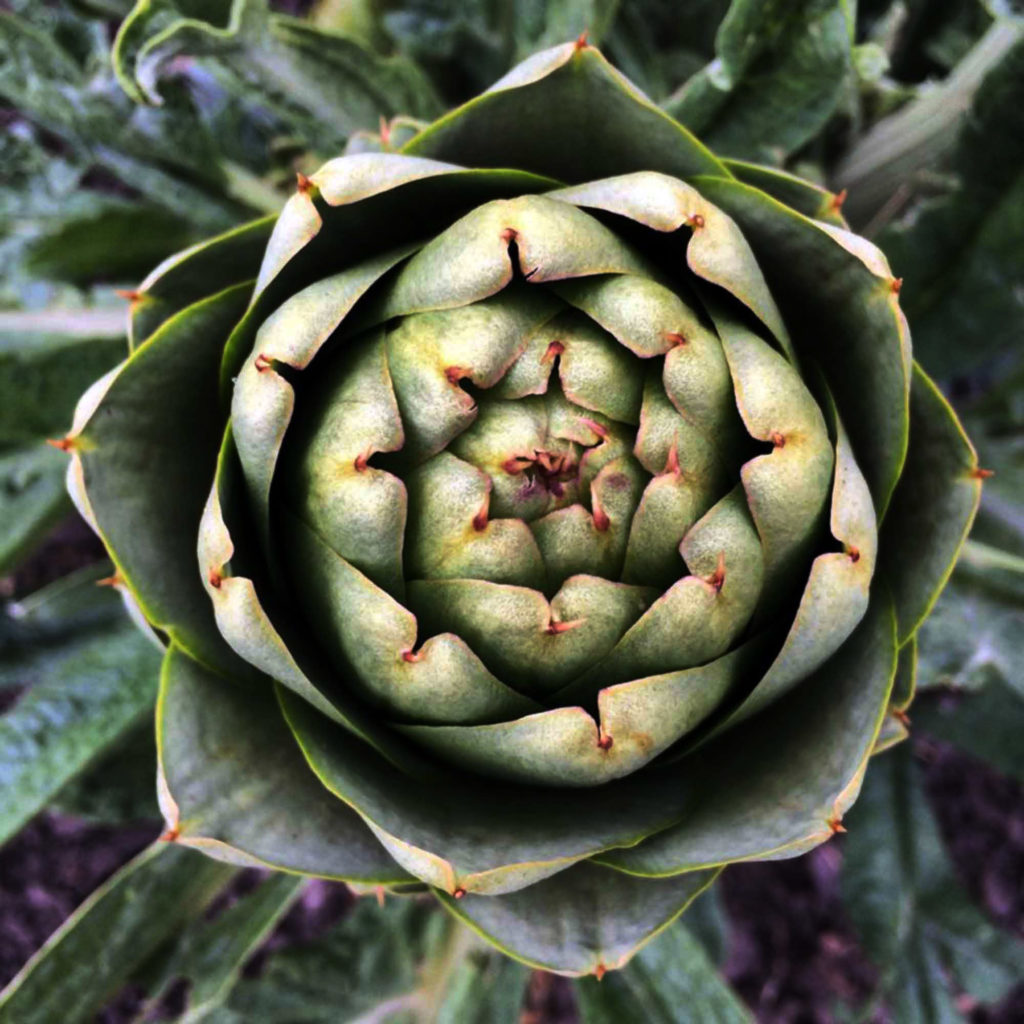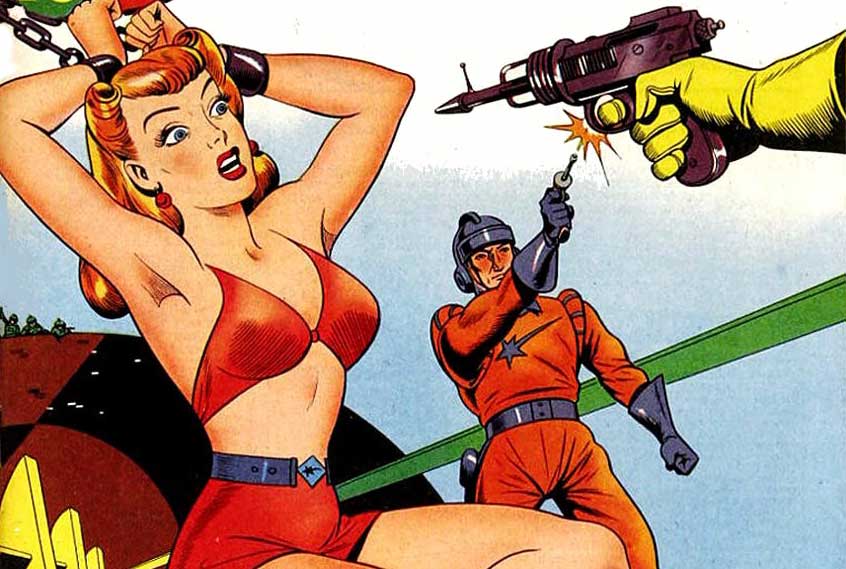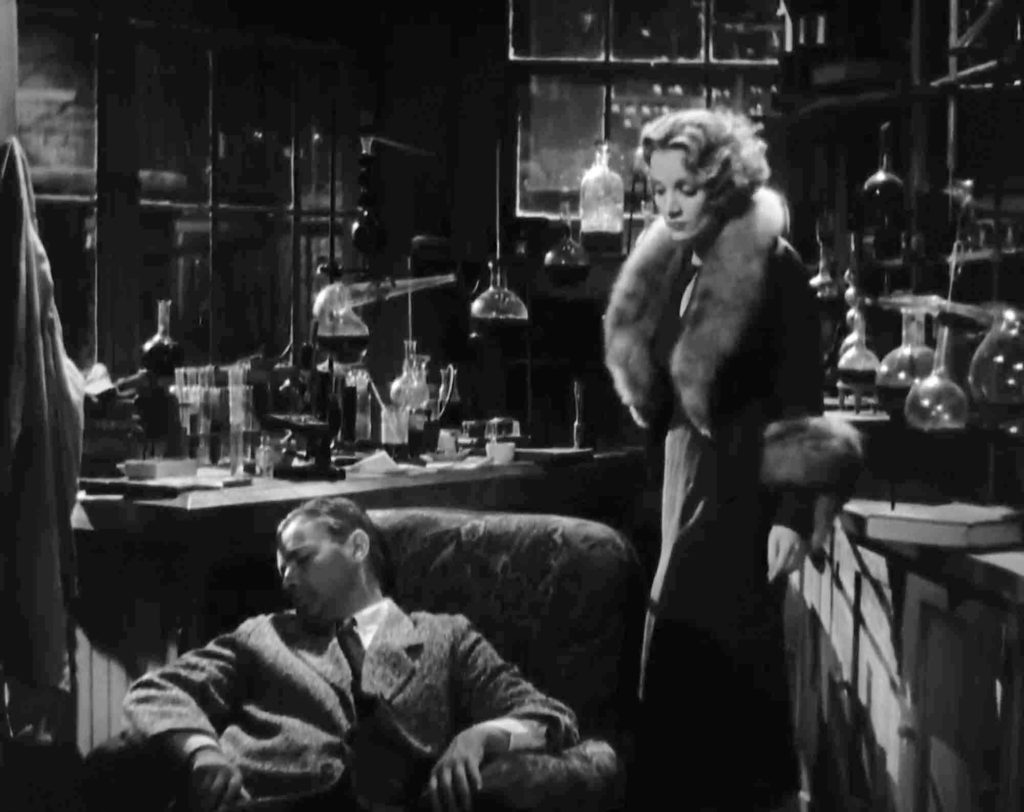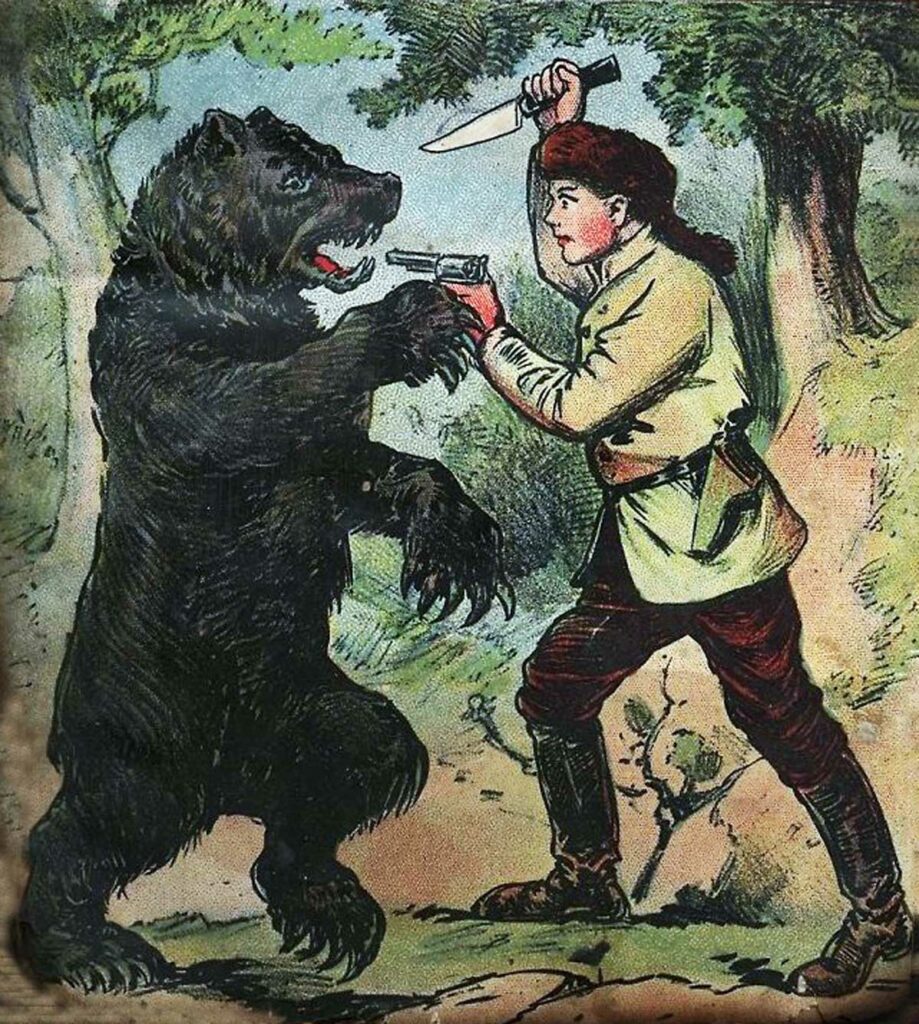
He had an uncanny feeling that he would wind up at the cannery, and on the odd chance that he would turn up in the chancery, he laid down his treasures in heaven. His debts he sent to hello operator, get me Memphis on the line.
Something that is perfectly legal today in our forwarded society, but was frowned upon in the unforgivable ignorance of the past, is to blame our woes on the bible. But still, you cannot criticize the bible. You will die the next day in a freak accident. It’s been proven — make the experiment, if you’re man or woman enough. If you lose, who’s going to mourn one less enemy to our way of life, except your family, who by the way have also been eradicated?
But let us speak of lighter things. Of dry ice, of Legs Diamond, air reduction, bromine.
There is a hypothesis that the word naptha is connected with the name of the Indo-Iranian god Apam Napat, which occurs in Vedic and in Avestic; the name means “grandson of (the) waters”, and the Vedas describes him as emerging from water golden and shining “with bright rays”, perhaps inspired by a burning seepage of natural gas.
